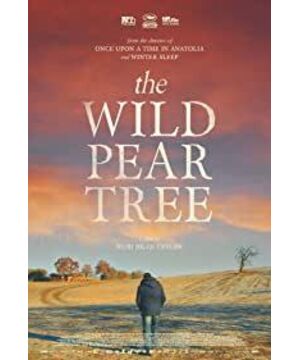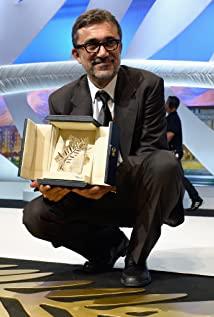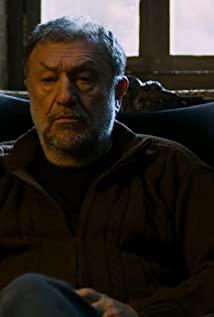The ending tears, Ceylon's handling of the ending is delicate and elegant, and it will definitely give you an inner blow in the end. The discussion of the theme is not about growing or completing a certain speculation, but about the exploitative nature of life itself, the established existence of it. You are deeply tied to your land, family, country, and academic qualifications, and how to deal with their restrictions on you. "The forgotten dreams are also beautiful" really pierced my heart. Write a hometown book and thank your family for being selfish. The urban-rural structure and inner dilemma it reflects are highly similar to contemporary China. How does Ceylon stand on the same front with the youth? Only to admire Ceylon is the director who really cares about everyone's dignity. Suddenly found that all the tears were in the archive.
I originally thought that concepts and conceptual speculation were the soul of liberal arts, but I was surprised that there were still so many questions that were not raised. Ceylon shows his memories as much as possible through the walking of the characters. I have to sigh that an old director can still wish to be in his early twenties so clearly. The second brush has more doubts: what kind of happiness is a dog? Is his father the old man who holds the secret of happiness? Did we choose to ignore happiness? Why did the father deliberately mention 300 yuan? Why is there no way to choose a life other than joining the army? Why can we only choose the original when we can choose? Why can't China have civilians discussing metaphysics? Why did the sun and green grass start at the end, but the heavy snow flew back home? What is the range of a shot of joining the army in terms of time? This film can be watched countless times, every time it can make people think about their true meaning. In addition, the relationship and the way of getting along with the male protagonist and his parents and grandparents in the film are too similar to him.
View more about The Wild Pear Tree reviews











